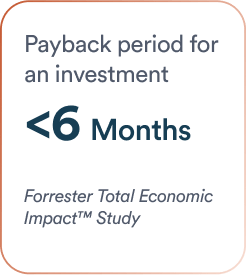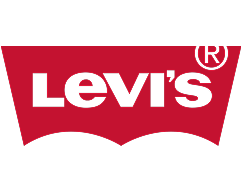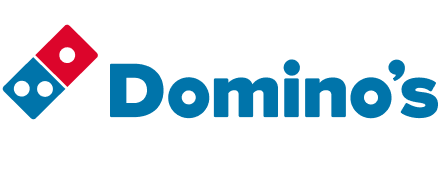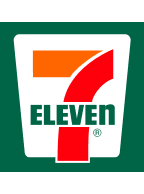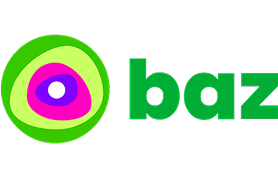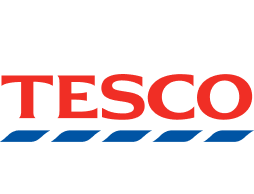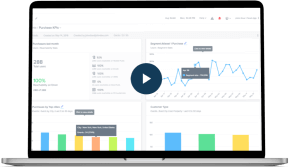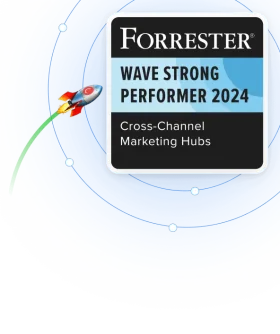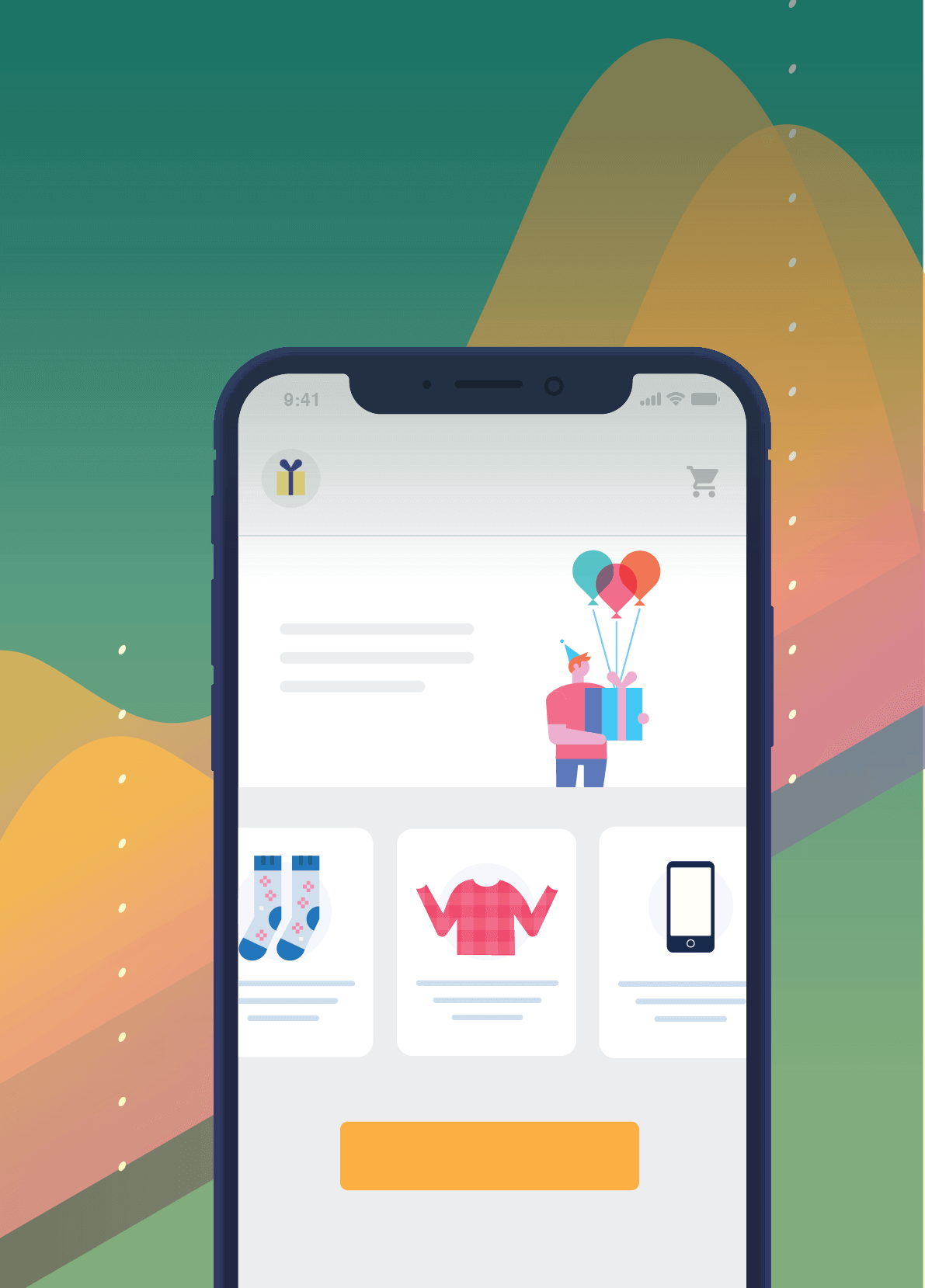Shopping apps are losing customers faster than acquiring them.
One fourth of all apps get used only once before being discarded.1
On average for shopping apps, 86% of users churn in 4 weeks of downloading the app.
For marketers in the ecommerce space, clicks and conversions often come with a price tag. The high customer acquisition costs make it close to impossible to keep adding more users and grow the top line.
In short, without focusing on retaining current customers, ecommerce apps are trying to fill a leaky bucket by constantly acquiring users that don’t stick around.
This problem results in low customer lifetime value, hampering brand loyalty and growth in the long run.
Instead, let’s see how retention can drive long-term growth for your business.
Why Retention Is the New Growth
Data shows that repeat purchases make up only 8% of customers, however, they contribute up to 40% of all sales.2 This also means that an uplift in retention results in an increase in Average Order Value and Customer Lifetime Value.
Moreover, consider the graph below: a small improvement in retention rate results in big gains over time – the power of compounding.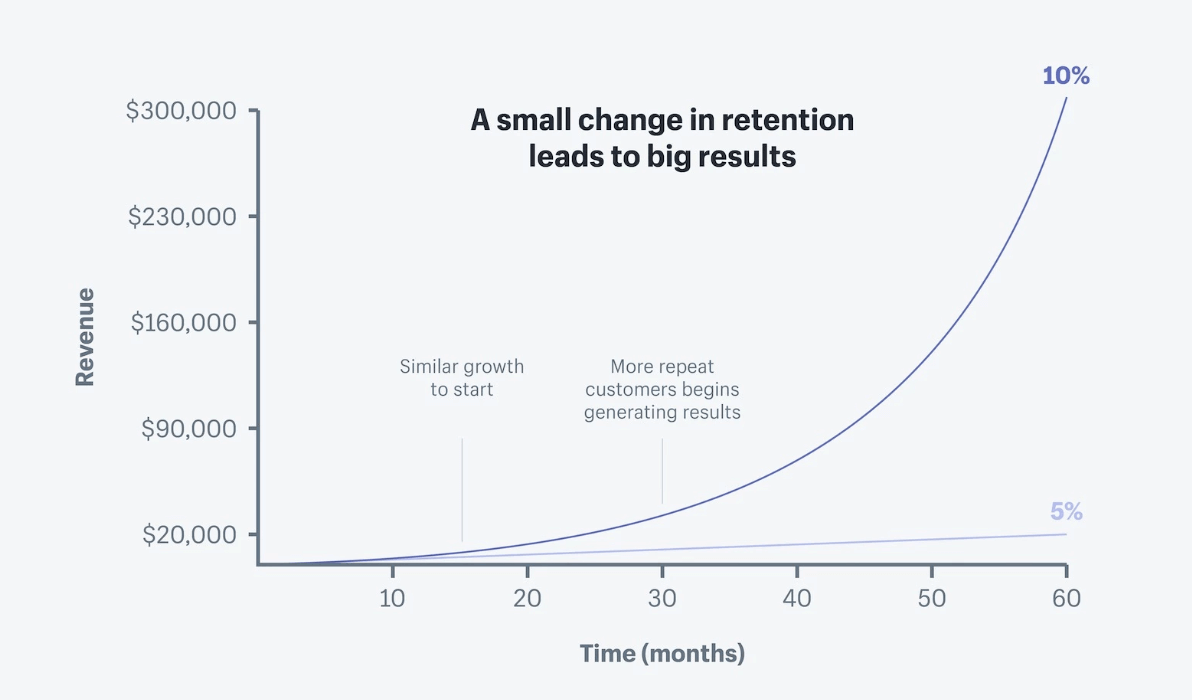
Now, let’s delve deeper into the strategies to engage and retain users.
Retention Strategies for Ecommerce Apps
Before we begin, let’s start with defining what retention is all about.
Customer retention involves creating campaigns that focus on your existing user base. The goal is to create habitual active users and repeat customers, and increase metrics like session length and frequency or purchase frequency and average order value.
Here are some of the key strategies you can apply to retain your users:
Personalize the User Experience
Customers today, expect brands to proactively deliver a personalized shopping experience. Their expectations are never the same – they keep expecting more over time.
To improve the shopping experience, integrate contextual and relevant product recommendations into your overall engagement strategy, using channels like push notifications, in app messages, text messages, and email, amongst others.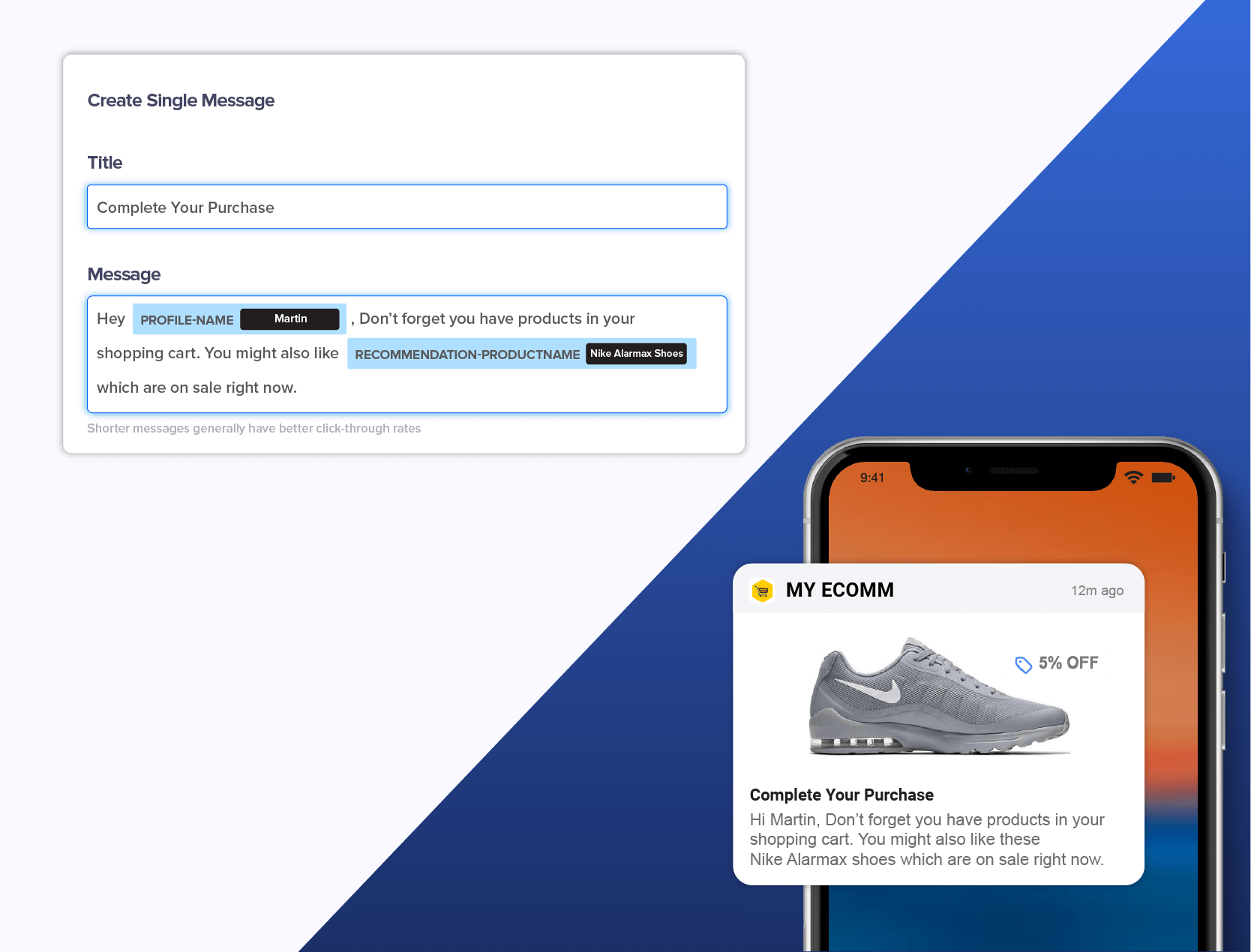
Granular Audience Segmentation
Segmentation helps you group your audience into homogenous sets of users so that you can target each one of them differently.
You can segment your users on the basis of user behavior data including advanced segmentation on psychographic traits or recency, frequency and monetary value of user actions. And, you should target each segment with the right message and campaign.
Launch a Loyalty Program
Incentives influence customers to act in a certain way. Customer loyalty programs are really effective in driving repeat purchases and turn one-time shoppers into frequent shoppers. In addition to that, it also helps customers form a relationship with your brand.
Take for example, Sephora’s Beauty Insider Loyalty Program, that has 17 million subscribers contributing as much as ~80% to its annual revenues.4 Rewarding the right set of users to keep purchasing from you is a long-term game you should pitch to play.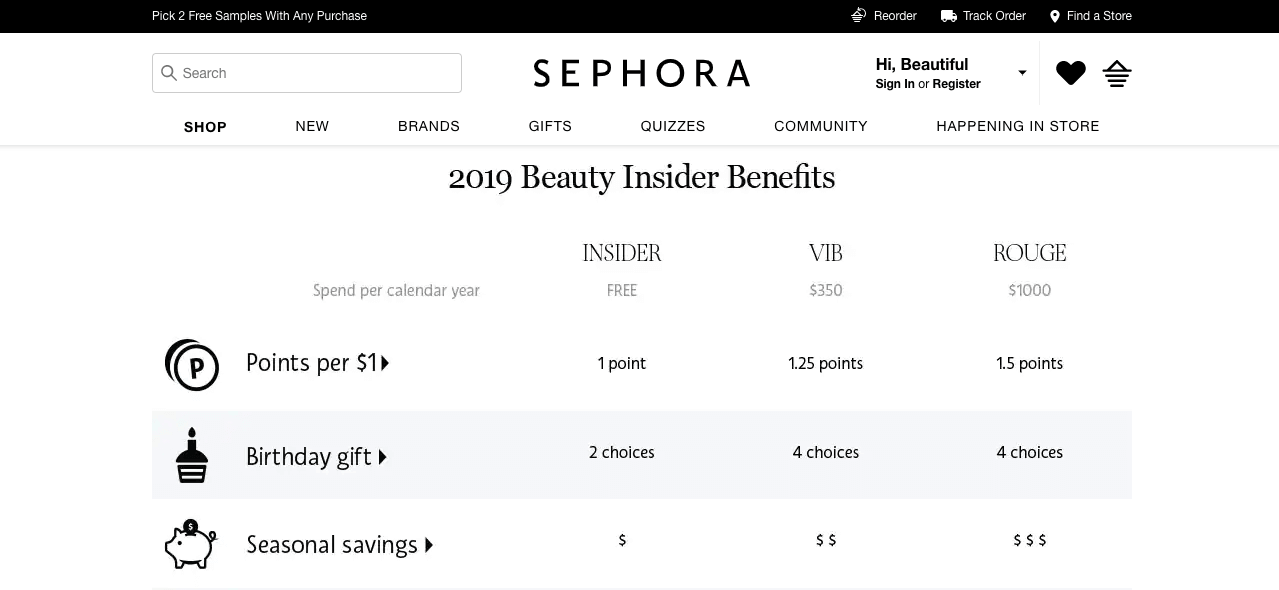
Introduce Gamification
When executed to perfection, gamifying the buying experience or a part of the user experience on the site or the app brings up customer satisfaction scores.
Victoria’s Secret, the lingerie retailer has a separate brand geared for their younger audience called PINK. Perfect for the millennial crowd, their PINK Nation app merges the classic ecommerce experience with fun games and contests.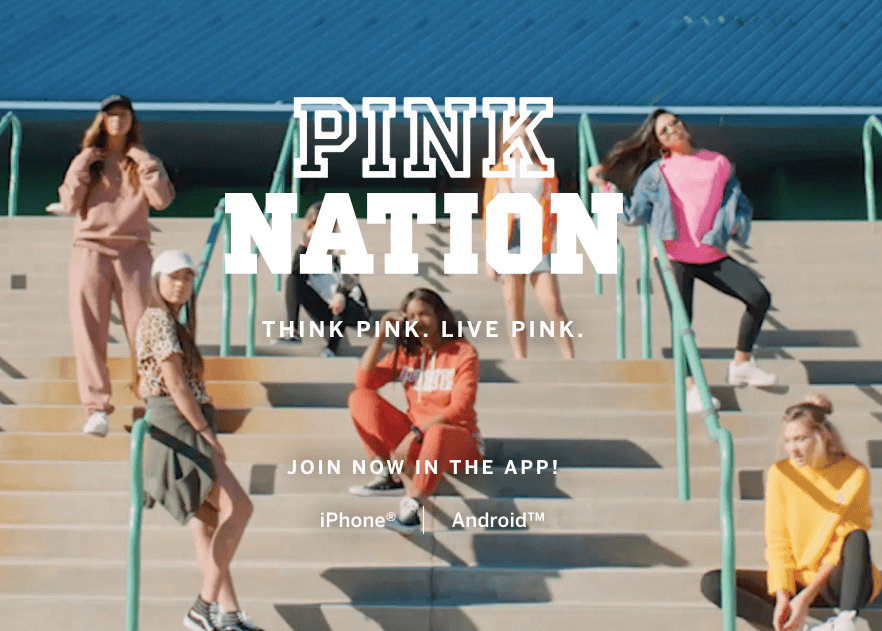
Stay Top of Mind with Retargeting
Oftentimes users search for a product but do not buy. Even existing users come to your app or site, search for a product but do not purchase. Using retargeting techniques, you can reach these users on other sites with targeted messages containing details of the products they were interested in.
Similarly, retargeting can also be used to combat shopping cart abandonment, which happens when users add product(s) to cart but do not complete the purchase.
Improve Customer Support
Customer support is the moment of truth where customers get a lasting impression of your brand. Make sure you deliver a delightful one. The customer support channels like live chat help in the pre-purchase as well as the post-purchase phase.
Improve the overall experience customers have with your brand by focusing on all touch points – physical or digital. Excellent customer service goes a long way, as you can see it has the highest impact on repurchase: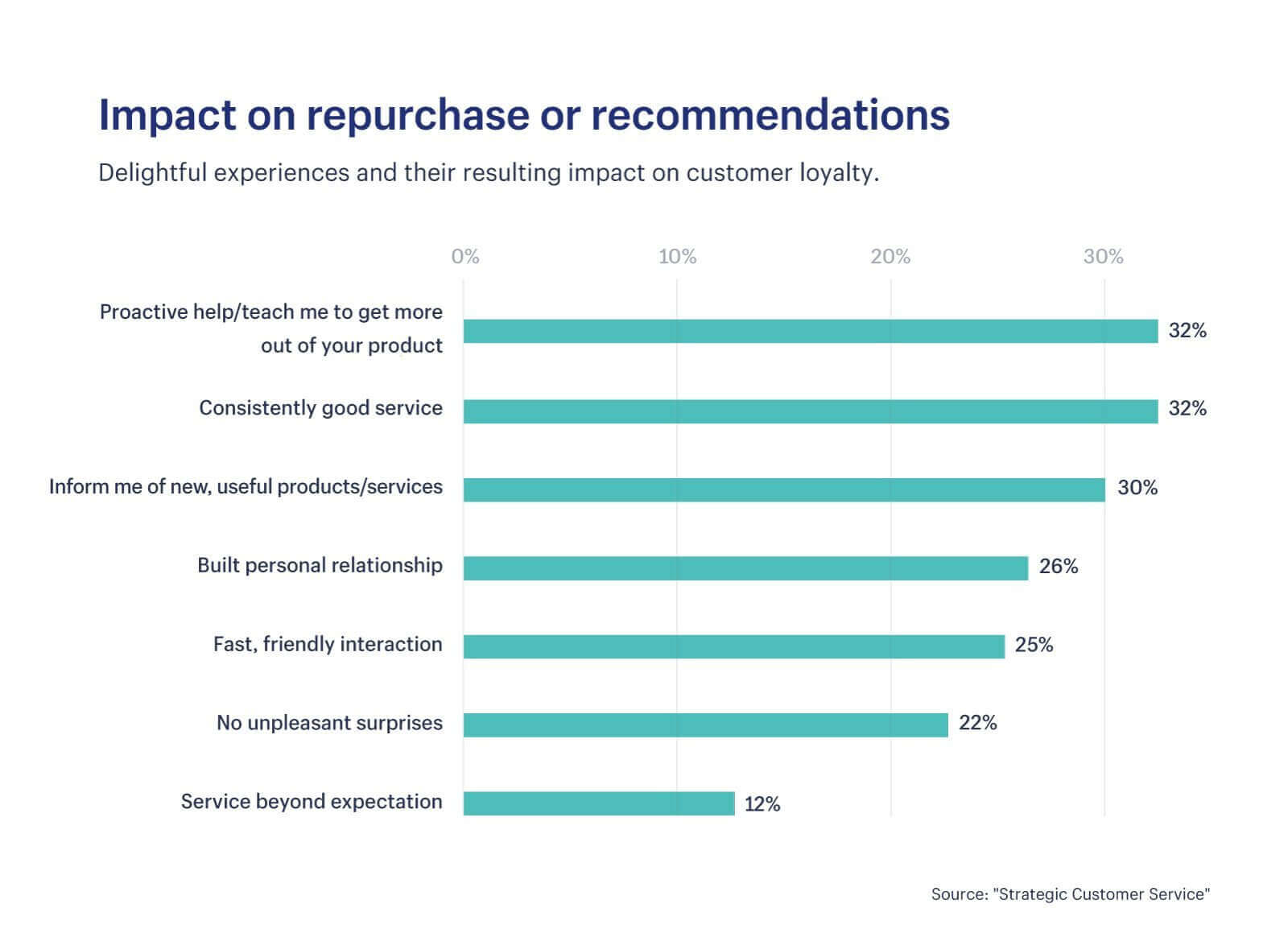
(image source)
Reward Your Most Valuable Customers
Reward repeat customers and champion customers with exclusive offers so they engage with your brand more frequently. Personalize the offers with coupon codes that are just made for them.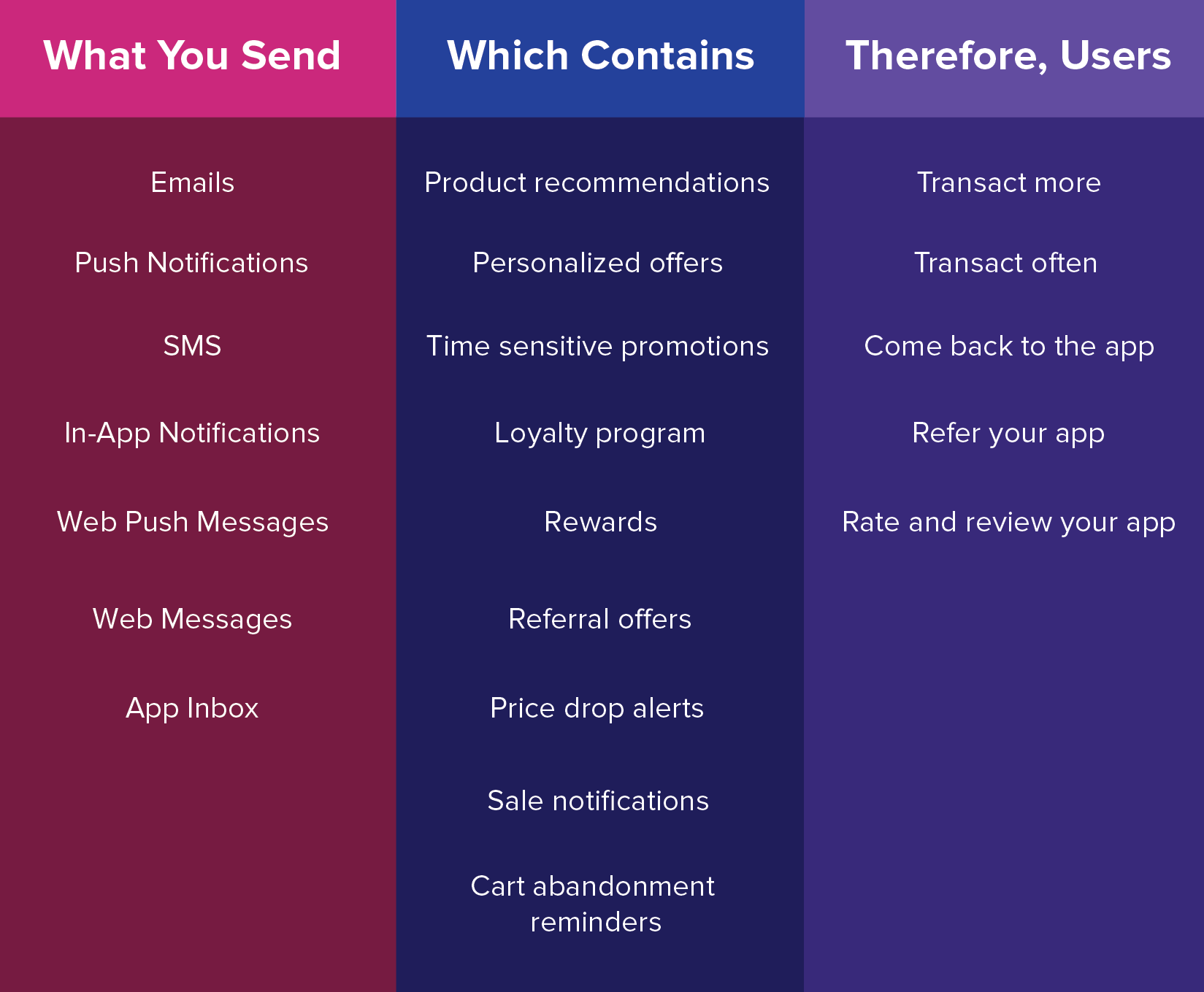
Retention Focused Campaign Ideas Based on User Segments
During the retention stage, shopping apps should focus on driving repeat purchase by sending targeted campaigns that resonate with each segment.
| User Segment | Tactics |
|---|---|
Engaged but Not Loyal User Users who purchase infrequently |
|
Engaged and Loyal Users Users who purchase regularly |
|
Disengaged Users Users who used to purchase frequently but haven’t purchased for a long time |
|
Get Set, Retain!
We have seen how focusing solely on user acquisition is a recipe for failure in the long term. The proof of the pudding lies in keeping users engaged and in retaining them.
What are the successes and challenges you have seen in retaining your users? Let us know in the comments section below.
Industry Benchmarks for Ecommerce Apps
Subharun Mukherjee 
Heads Cross-Functional Marketing.Expert in SaaS Product Marketing, CX & GTM strategies.
Free Customer Engagement Guides
Join our newsletter for actionable tips and proven strategies to grow your business and engage your customers.



